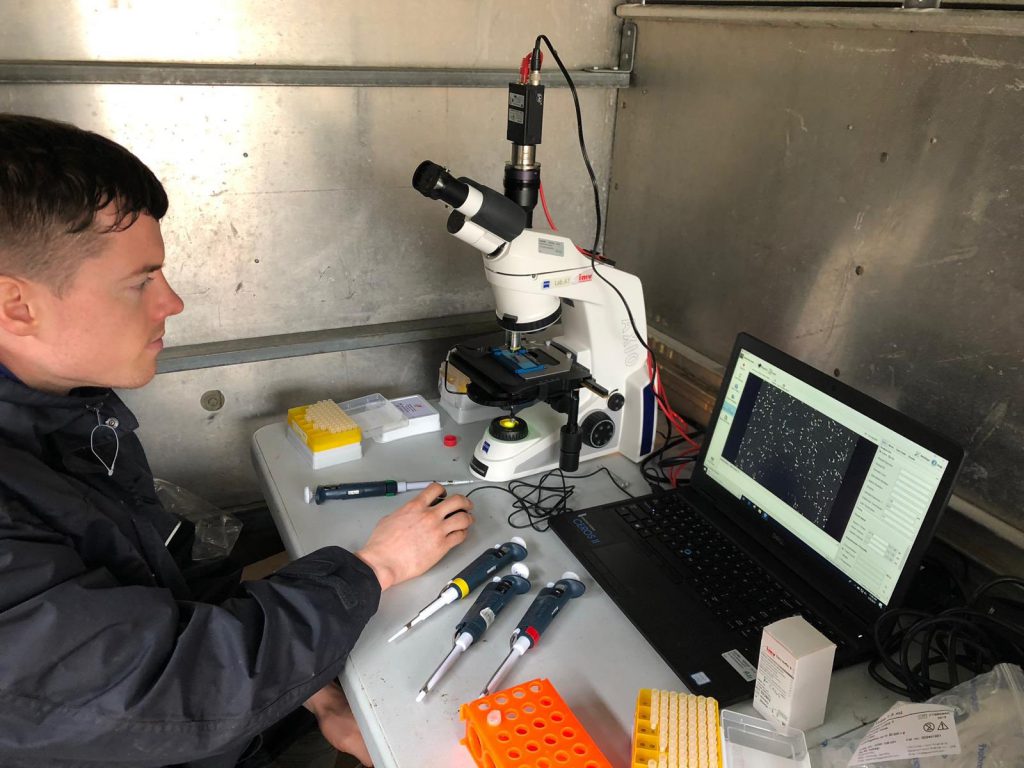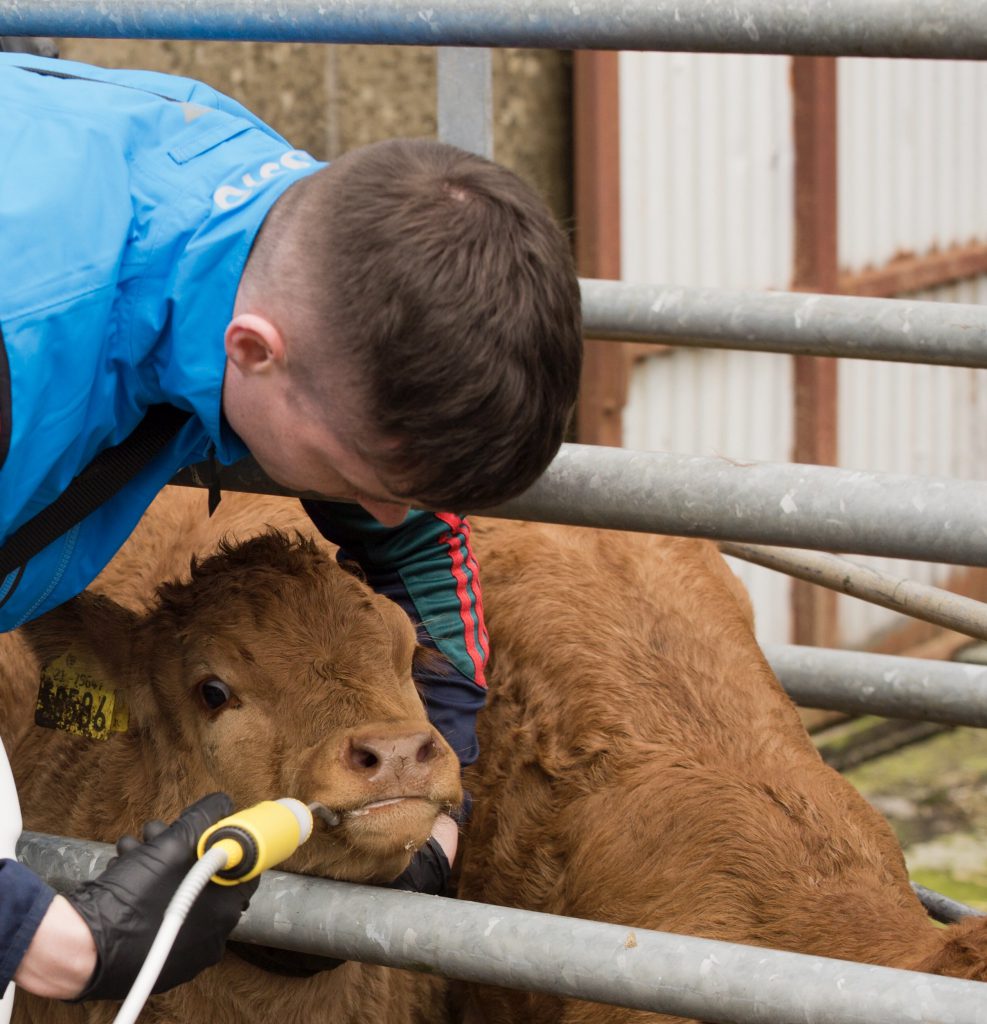By Ger Flanagan
Life outside of football for Stephen Coen right now has many parallels to his Mayo senior career in that there are two major dates approaching over the coming weeks that he will be paying particular attention to.
From the football side of things it’s just the All-Ireland Football Final of 2020 where he is aiming to help his county to their first All-Ireland title since 1951 and personally, to complete the clean sweep of minor, under-21 and senior celtic crosses.
But in his other life of farming on the Coen’s small, family-run commercial suckler and sheep enterprise in Lehinch in Hollymount, Co. Mayo, the impending threat of a no-deal Brexit looms on the horizon.
‘The beef industry would take a major blow’
“The big thing at the moment is Brexit and how that deal goes ahead. The big thing is that Brexit goes okay, and from there we can plan, so that’s everyone’s concern at the minute,” Coen said.
“If there’s a no-deal Brexit then the beef industry would take a major blow. Tim Cullinan [Irish Farmers’ Association president] said during the week that it’s the end of the beef industry if there’s a no-deal.
Obviously in the west of Ireland we can’t run as efficient dairy farms as those in the south, we don’t have the same quality of land.
“I think the average size suckler farm in Ireland is 15 cows and three or four replacement heifers, and you’ll find umpteen amounts of them in the west,” he added.
It’s a hobby first and foremost for the Coens, like many farmers in the west of Ireland, but he says it’s part and parcel of the way of life and a no-deal Brexit could have serious consequences for that.
Rural life
“It’s a big part of rural Ireland,” the 25 year-old said. “A lot of farmers like to socialise and meet in the marts two or three times a week, and if there’s no beef, there’s no trade.
“If there’s no trade, there’s no meeting up. So it keeps the rural economies going. If it [no-deal] happens it’s going to be a bit of a disaster and something I wouldn’t be looking forward to, so hopefully something can be made of it.”
However, like in his football life, he’s focusing on the ‘controllables’ and staying optimistic for the future for the small farmer in counties like Mayo.
“I hope not, I’m trying not to think that way,” he replied when asked if a no deal may be the end of small enterprises. “The one thing about farmers, they’re nearly like footballers, they’re extremely resilient.
I think no matter what you ask them to do, they’ll adapt and try to get there as much as possible, no matter how harshly treated they are. No matter what happens farmers will look to adapt and make the most of what they have in their own patch of land.
“It’s very much up in the air but it’s coming to a melting point very soon, so we’ll see what happens,” he said.
Agricultural studies
Coen is currently two-and-a-half years into a four-year PhD with Teagasc and University College Dublin focusing on the area of bovine nutrition and reproduction.
At this stage he’s completed the practical side of the programme and is writing up research papers from his data collection at his home in Hollymount.

Stephen Coen carrying out fertility analysis on 13-month-old Friesian bulls as part of his PhD studies Image source: Twitter
“My Teagasc centre was in Grange in Meath, where we had over 1,000 animals on site. I would have had my lab, the animals on site and my office. I would have done a lot of data collections, work with animals, trial work.
Once the data was gathered, I had to work on it in the lab and get my results. At the moment I have my results and I’m interpreting them and writing up papers at home here.
“Thankfully all my practical work is pretty much done up in Meath, whereas now I can just write up the papers. I need to write four manuscripts and put them together into a thesis and defend it then in a year and a half,” he concluded.
December may have a huge influence on the life of Stephen Coen.


